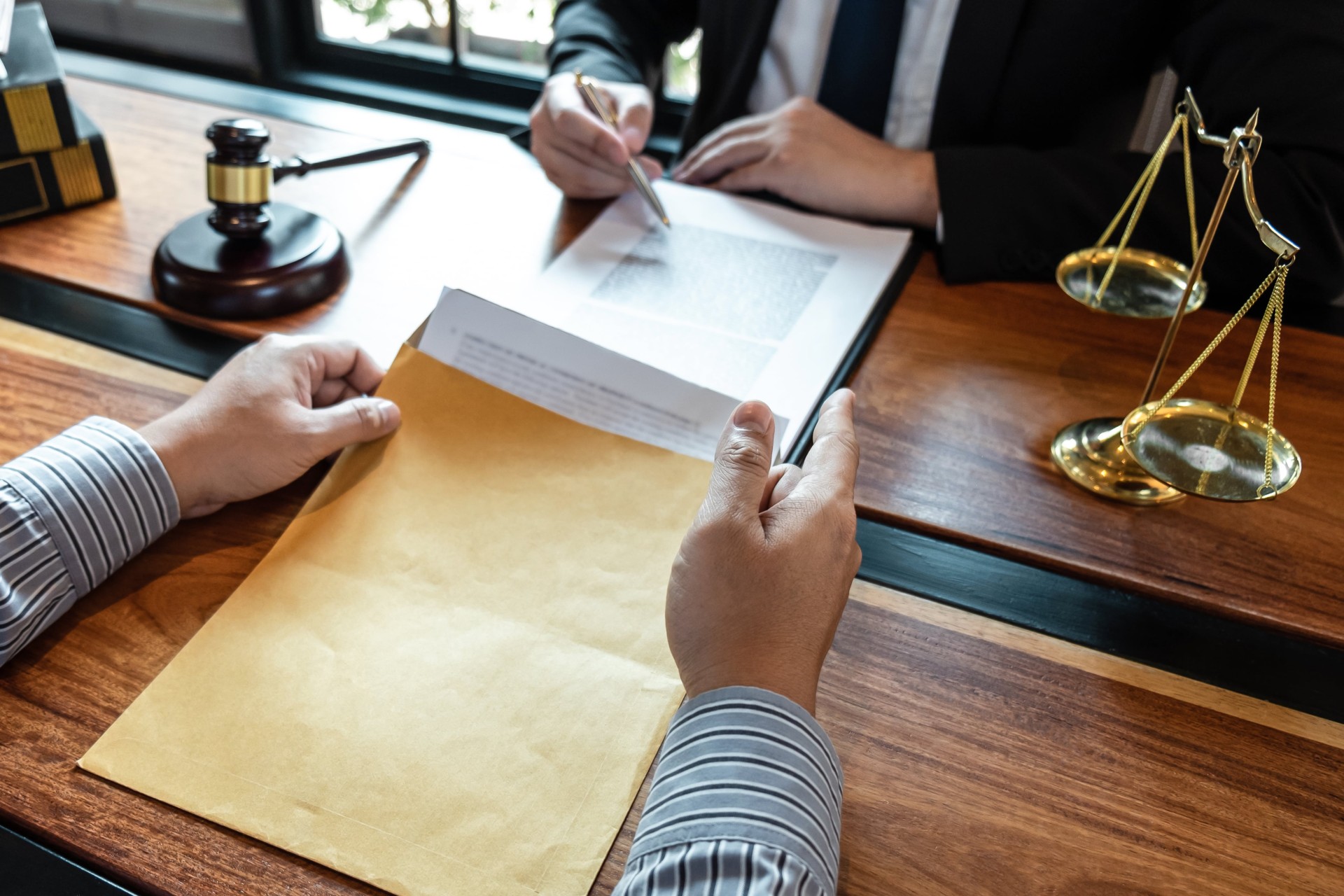A cosmetic patent attorney is a skilled lawyer who can assist an innovator in correctly patenting their cosmetic composition.

A cosmetic patent attorney is a skilled lawyer who can assist an innovator in correctly patenting their cosmetic composition. Patenting cosmetics includes various difficult components that must be understood before beginning the procedure.
Table of Contents
Cosmetics Patenting Strategies
Patenting cosmetic items often involves a significant amount of formulation chemistry. The chemical process of combining multiple substances that fulfil distinct roles to achieve a given outcome is referred to as formulation chemistry. In contrast to formulation chemistry, another sort of chemistry known as novel molecule chemistry seeks patent protection for newly discovered chemical species. Pharmaceutical patents are often classified as novel molecule chemistry.
Cosmetic compounds are often made from a variety of substances, the majority of which are likely previously known chemicals. This implies you shouldn’t design your cosmetic or chemical patent application as a kind of new molecular chemistry, since the chemicals themselves aren’t novel; only their applications are.
When you file a patent application for formulation chemistry, you want to demonstrate that your specific combination of chemicals to make a product was not evident and is unique. The USPTO (United States Patent and Trademark Office) examines patents for originality and inventiveness.
Here are a few things to bear in mind while you develop a new product that you wish to patent:
Is your usage of the chemicals distinct from other comparable patent applications?
Is your recipe an useful combination, which means that your exact mix of elements produces a specific effect?
Can you clearly demonstrate how your product outperforms other comparable goods that use some of the same components to achieve the same goal?
Providing clear and compelling answers to these questions helps boost your patent application. If the USPTO rejects your application but you can answer yes to all of these questions, you undoubtedly have a strong case for patentability.
Inventors’ Difficulties
When attempting to get patent protection for their work, all inventors confront difficulties, although particular difficulties are unique to each area of creation. Cosmetic innovators, for example, confront the challenge of displaying features in their application that provide enough information to allow someone with competence in the industry to utilise or make the invention themselves.
Cosmetic innovators must exercise caution when utilising trade names for specific substances in their patent descriptions, since the law prohibits inventors from claiming their innovations using trade names. For example, innovators must ensure that the components they utilise have the correct scientific chemical names. Also, when presenting chemical information, offer examples of different compounds that would also function with your formula so that the court is more likely to find the invention “enabled.”
What Is a Patent on a Formulation/Composition?
To get a formulation or composition patent, the formula or chemical must fulfil the following criteria:
It has to be brand new.
It must be obscure.
It must be beneficial.
It cannot already be patented by someone else.
It can’t be in widespread usage already.
For example, since the use of coconut oil in skin care products is already rather prevalent, and numerous cosmetic and skin care firms are already promoting and selling goods including this component, a face lotion containing coconut oil cannot be patented for the use of that specific oil. However, if that same face lotion additionally contains a novel form of plant resin that is not yet widely utilised, it may be patentable. The creator must still demonstrate its uniqueness and usefulness, as well as meet the other standards.
What Are the Advantages of Having a Patent?
The advantage of acquiring patent protection for your freshly created substance or formula is that you keep the profits from your efforts. You want to reap the results of your effort if you’ve developed a fresh combination of substances or a brand new acne-fighting solution. With a patent, you can protect your intellectual property and sue anybody who attempts to profit from it without your permission. This protection also permits innovators to keep their competition at bay until they can advertise and sell their innovative invention.
It’s vital to note that patent protection only applies in the nation where the invention was awarded. Obtaining foreign patent protection is a more involved procedure that includes the World Intellectual Property Organization (WIPO) (World Intellectual Property Organization).
